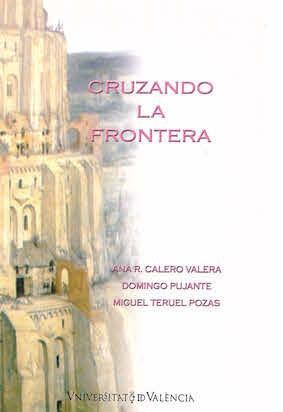Vida entre dos culturas en la Alemania del siglo XVIII: Moses Mendelssohn
DOI:
https://doi.org/10.7203/qf-elit.v12i0.5022Keywords:
prejudices, anti-semitism, borders, philosophy, tolerance Abstract
Abstract
One of the most important minorities in Europe and in Germany since the Middle Ages was the Jewish minority. Because of its religious beliefs it was the victim of numerous persecutions and humiliations. In Germany in the 18th century the situation of the Jewish population was very complicated: Jews did not have the citizen status, were forced to live in ghettos and were not allowed to associate with the Christian society. The Jewish philosopher and writer Moses Mendelssohn (1729-1786) lived within these two cultures (Jewish and Christian); after having emigrated to Berlin in 1743, without any financial resources, he managed to study as a self-taught person, turned into a famous philosopher and writer and established contacts with other Christian erudites. His live and writings meant a big step towards a more tolerant society.
 Downloads
Downloads
Downloads
Published
How to Cite
-
Abstract315
-
PDF (Español)3264
Issue
Section
License
 Este obra está bajo una licencia de Creative Commons Reconocimiento-NoComercial-SinObraDerivada 4.0 Internacional.
Este obra está bajo una licencia de Creative Commons Reconocimiento-NoComercial-SinObraDerivada 4.0 Internacional.
Authors who publish with this journal agree to the following terms:
- Authors retain copyright and grant the journal right of first publication with the work simultaneously licensed under a Creative Commons Attribution License that allows others to share the work with an acknowledgement of the work's authorship and initial publication in this journal.
- Authors are able to enter into separate, additional contractual arrangements for the non-exclusive distribution of the journal's published version of the work (e.g., post it to an institutional repository or publish it in a book), with an acknowledgement of its initial publication in this journal.
- Authors are permitted and encouraged to post their work online (e.g., in institutional repositories or on their website) prior to and during the submission process, as it can lead to productive exchanges, as well as earlier and greater citation of published work (See The Effect of Open Access).




